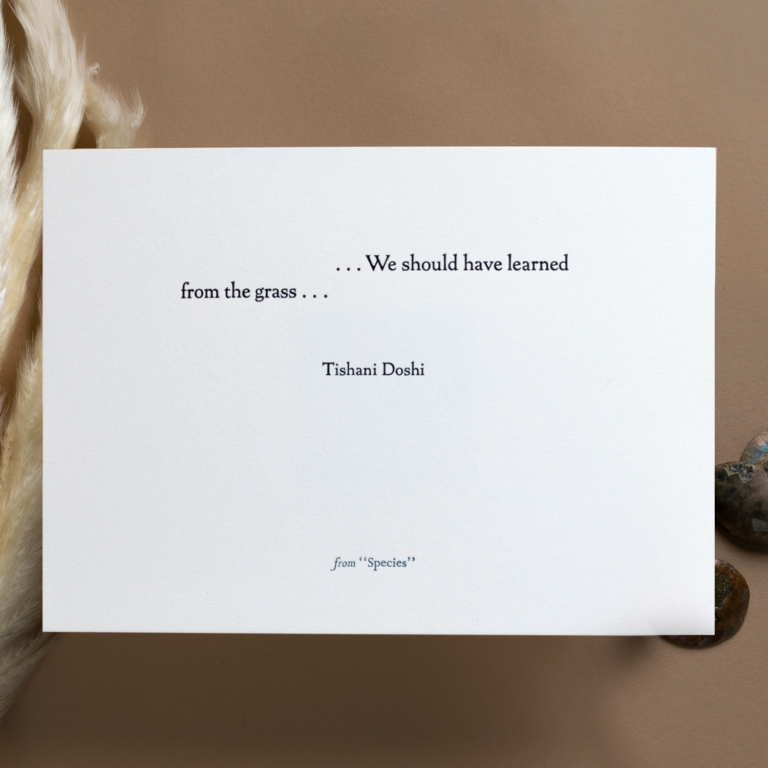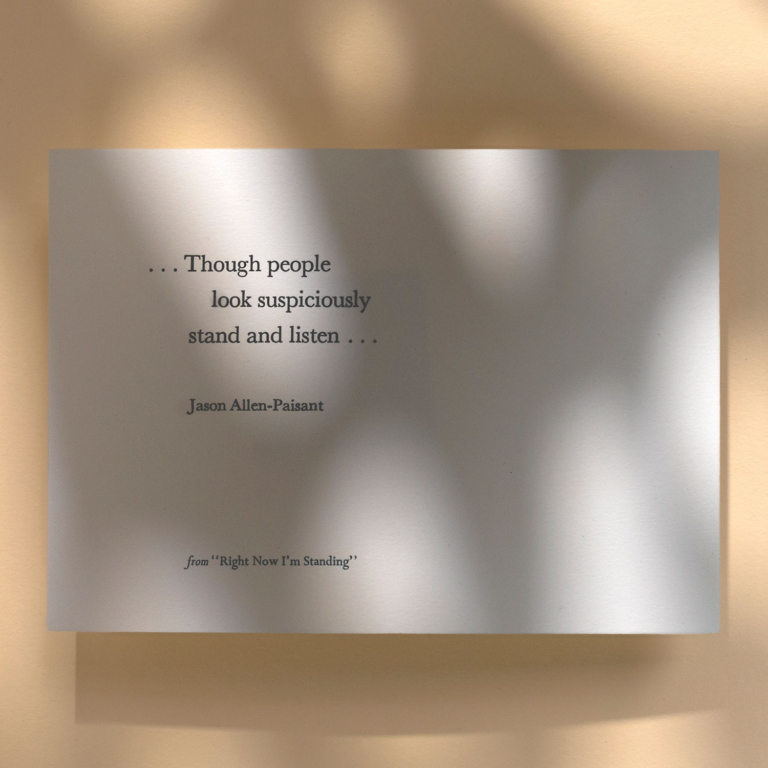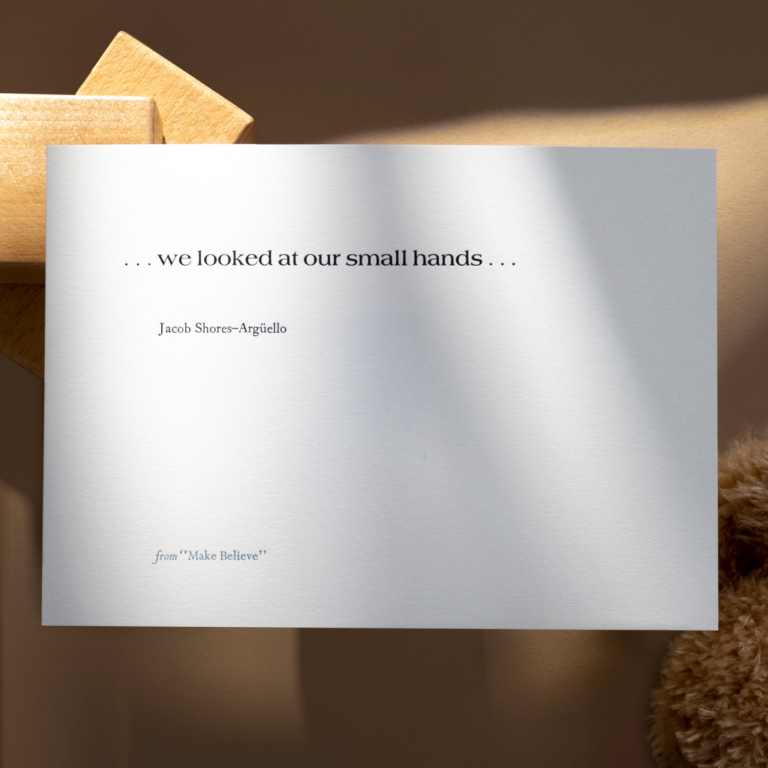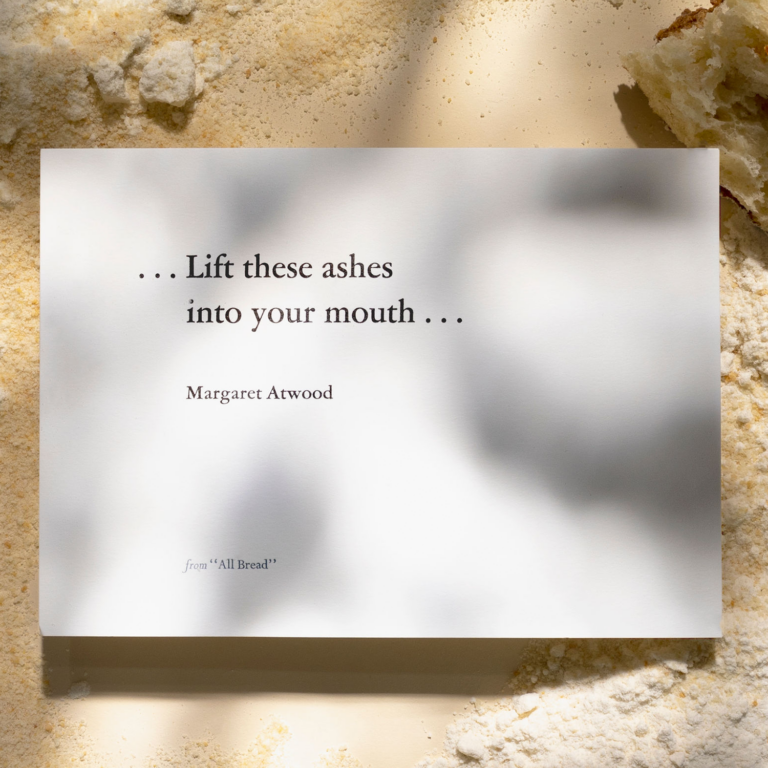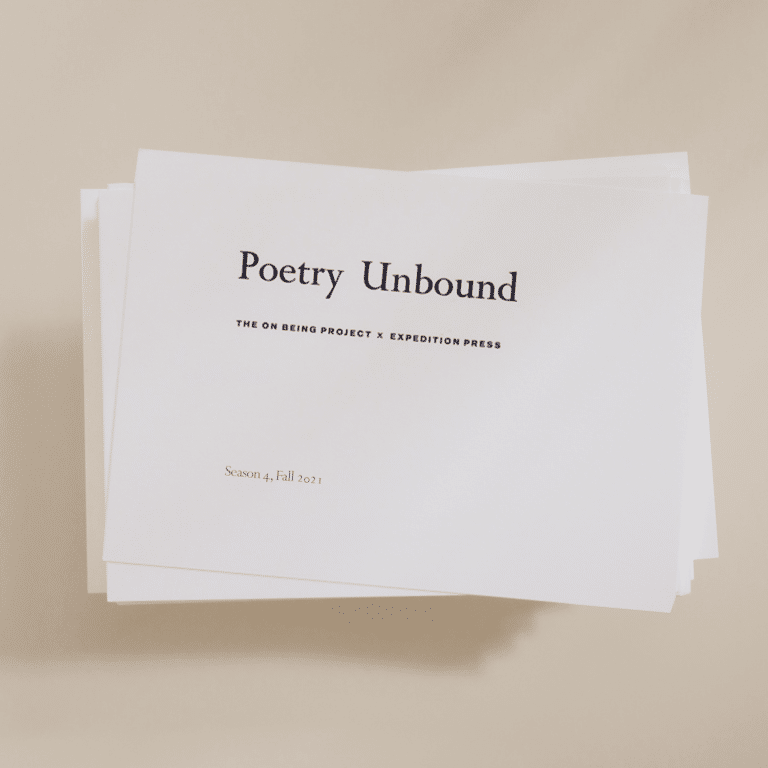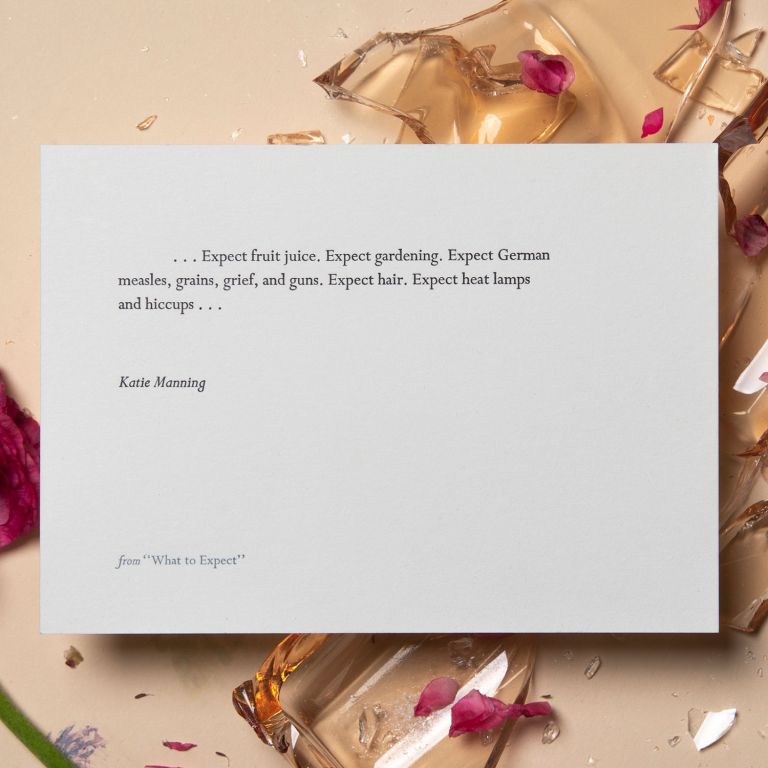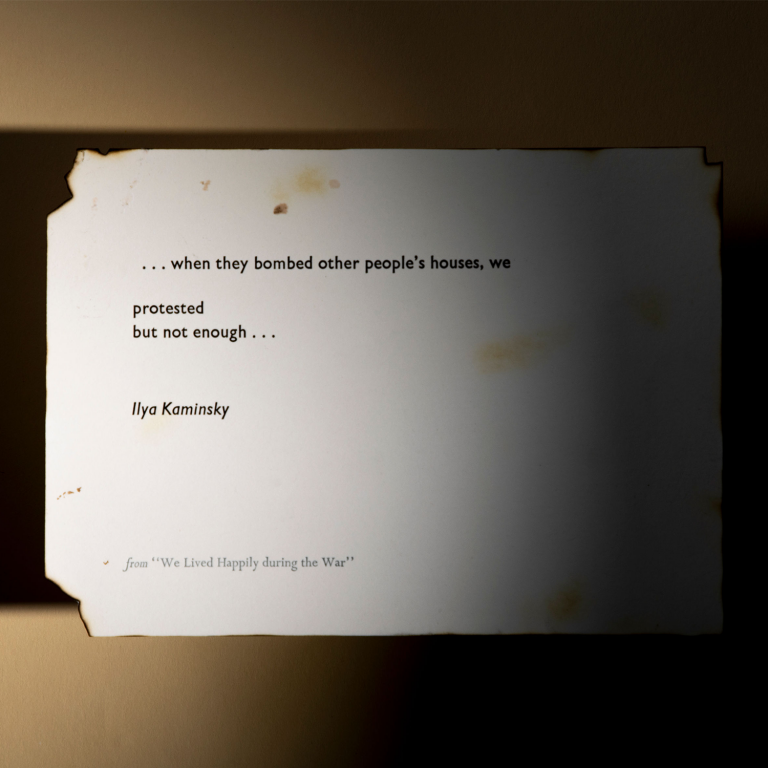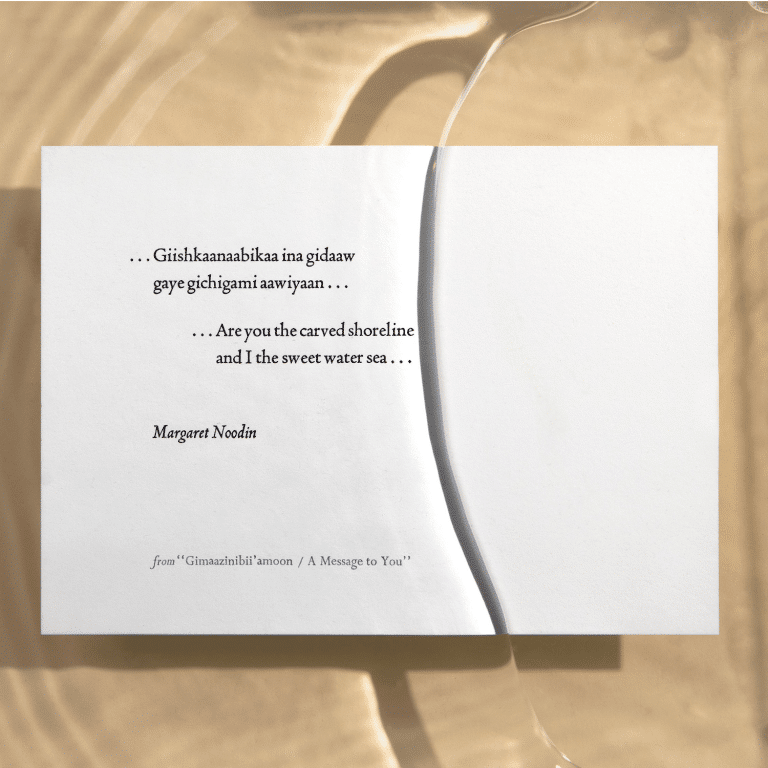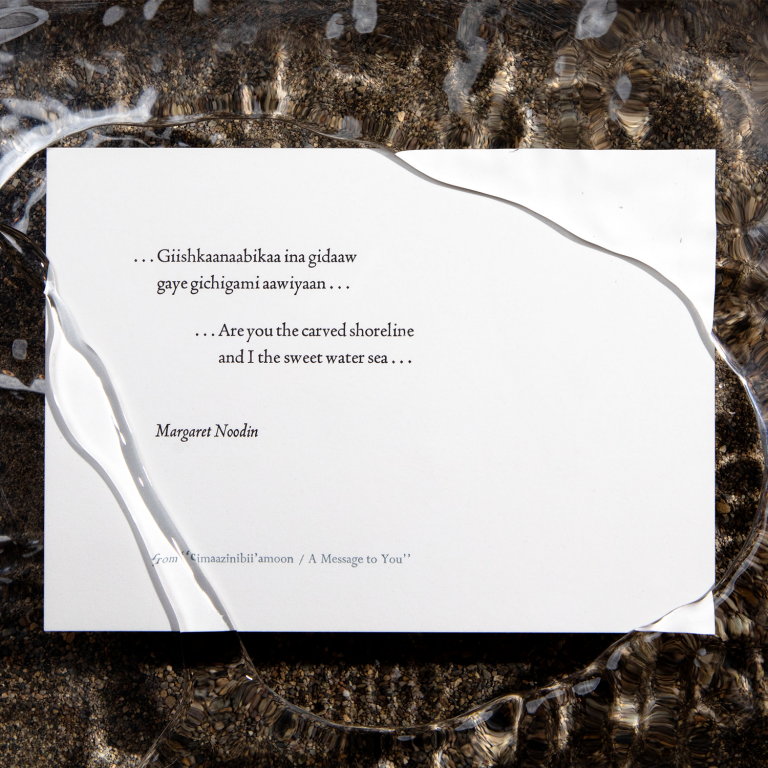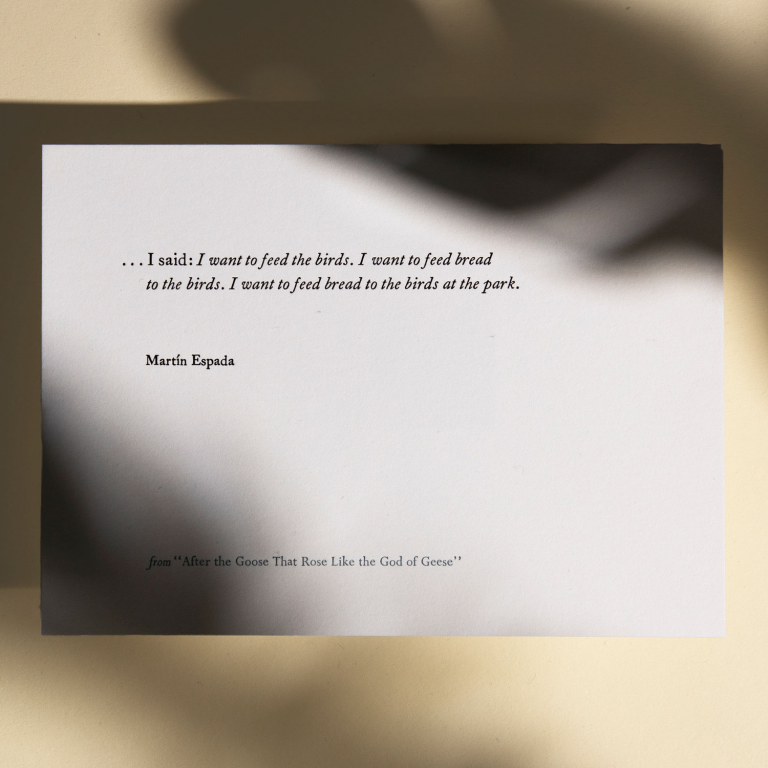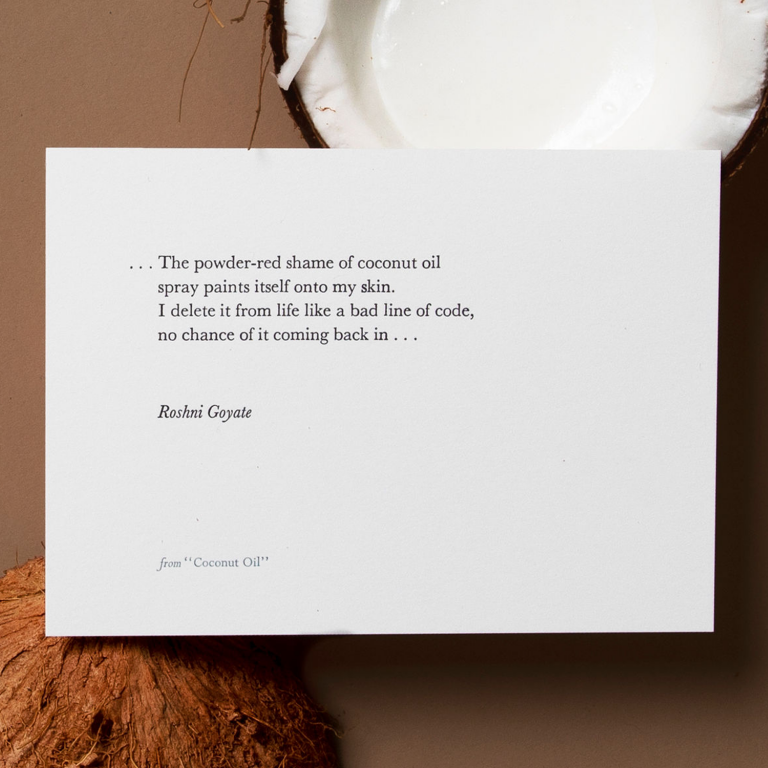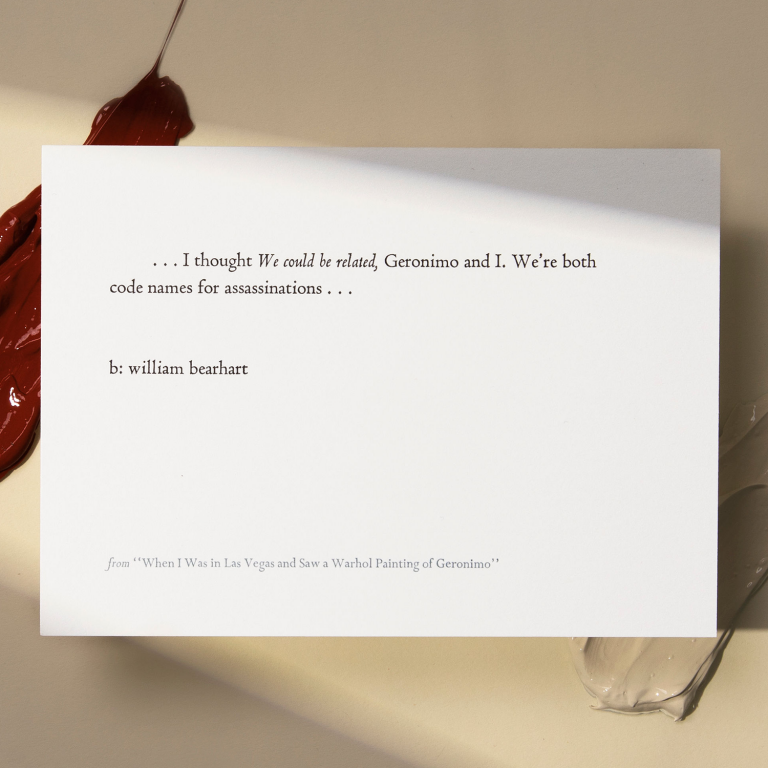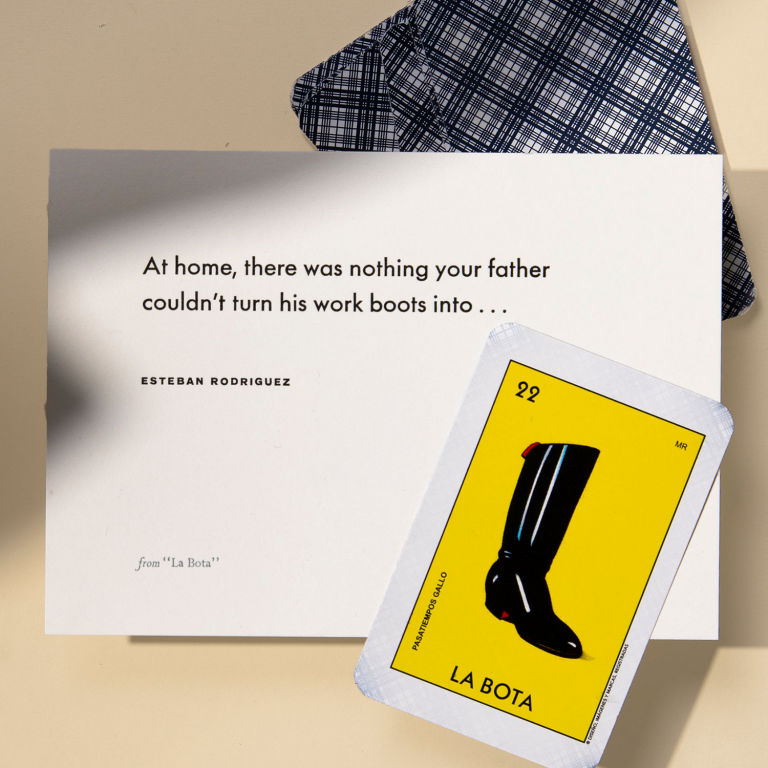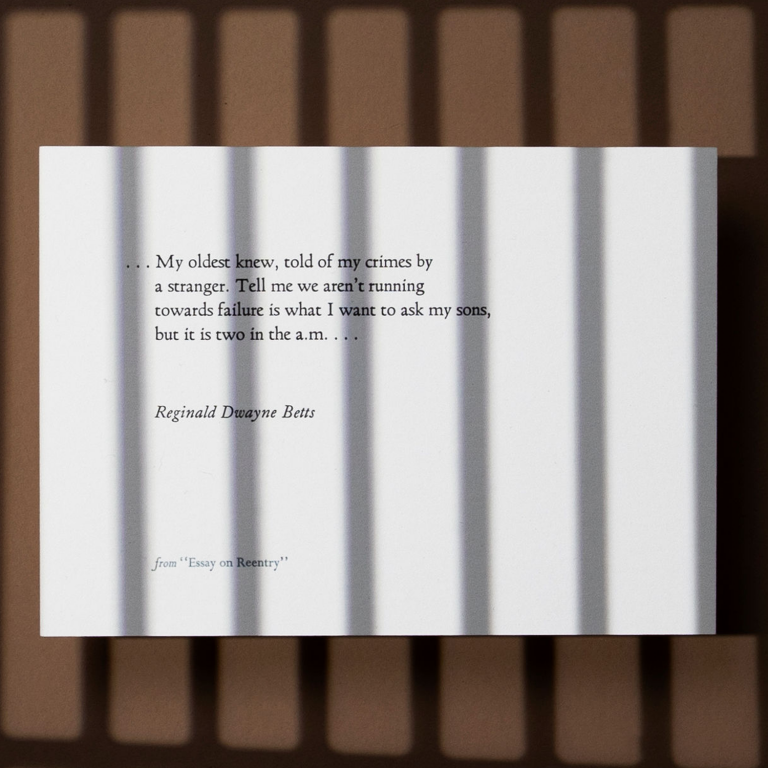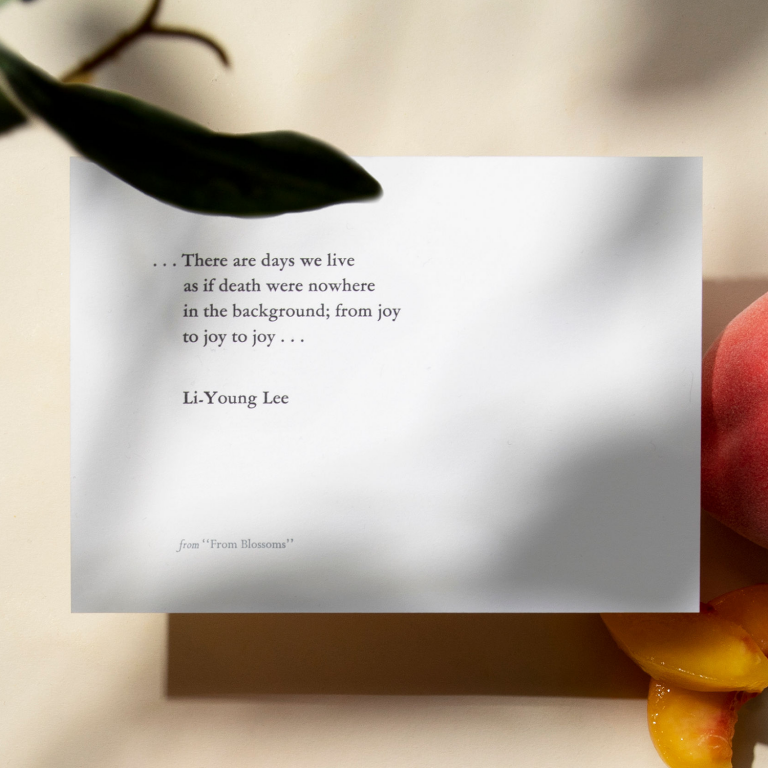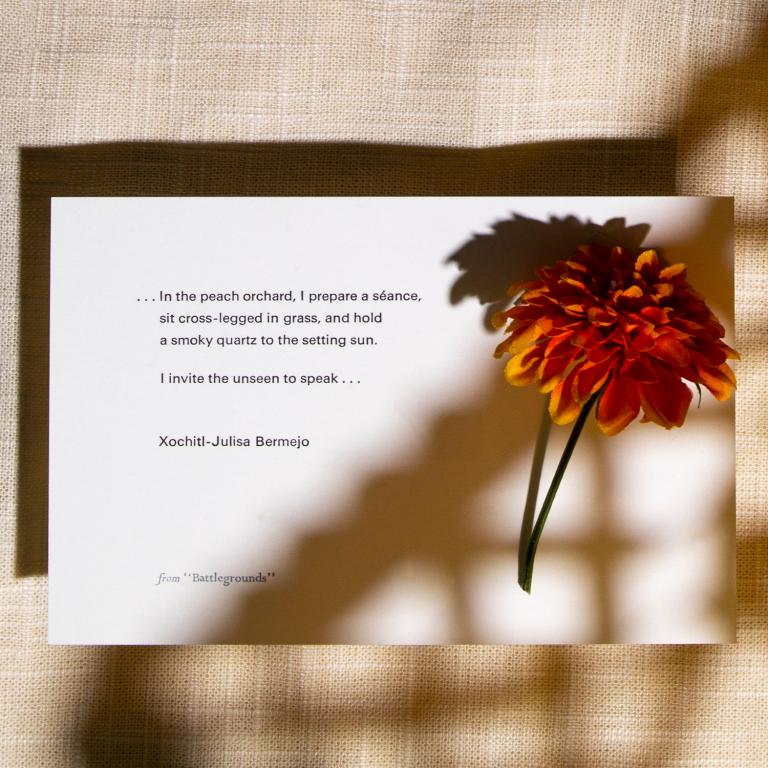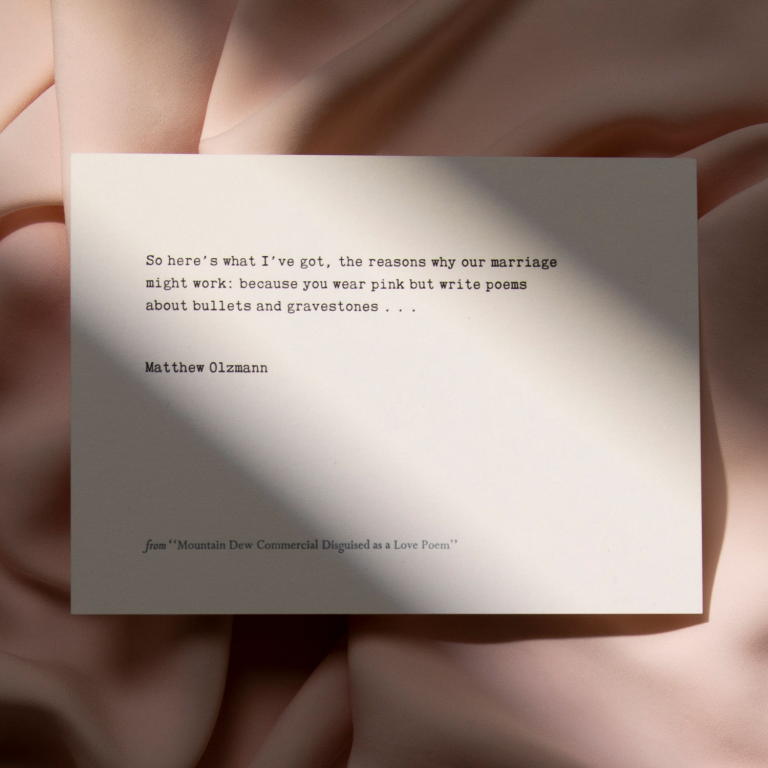October 11, 2021
Jake Skeets
Daybreak
In a slight change to the normal format, host Pádraig Ó Tuama speaks with the poet Jake Skeets who reads his poem “Daybreak,” a poem combining Diné language with English, a poem rich with observation: of land, of growth, of memory, of place. Land is not just a tool to use for food, nor is it a blank space for human projection. In this poem, Jake Skeets reflects on an ethical engagement with land: an engagement that sees land as itself, not just for its uses.






